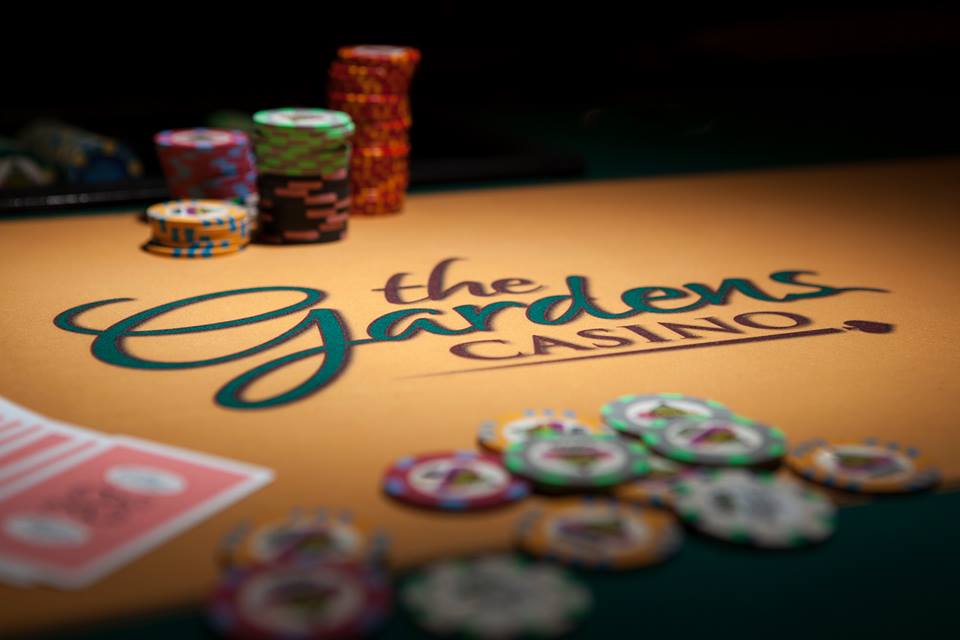The United States Financial Crimes Enforcement Network announced this past Friday that they were able to reach an agreement with the owners of the Hawaiian Gardens Casino, a card club of California, for violations the venue faced based on the Bank Secrecy Act. The casino will have to pay a $2.8m fine for being in violation of anti-money laundering regulations.
The Financial Crimes Enforcement Network reported that the casino was investigated by the Internal Revenue Service in regards to the Bank Secrecy Act back in 2011 and three years later, in 2014. The IRS were able to uncover several violations from 2011 that had still not been dealt with by 2014. An independent consultant from the Hawaiian Gardens Casino identified the same issues a year earlier, in 2013.
The violations against the Hawaiian Gardens are in relation to several issues with the Bank Secrecy Act. The venue did not have an effective anti-money laundering program in place that was implemented and maintained. The venue did not report large cash transactions and did not file activity reports that were found to be suspicious. Required records were not always kept in regards to game play.
Financial Crimes Enforcement Network collected the information of customers at the venue by using player club cards and have stated that 80% of the suspicious activity reports that were filed by the venue from early 2013 to late 2014 included at least one unknown subject. The Financial Crimes Enforcement Network stated that the investigation shows a lack of interest by the casino to use all the tools available to them which allowed transactions to be anonymous and ‘frustrated record keeping’.
During investigations, it was found that staff of the Hawaiian Gardens were involved in helping customers to create transactions that could be kept from the reporting thresholds set by the federal government. It was found that the venue continued to work with individuals who had been identified as suspicious, by the actual casino, even when the individuals would not show identification. According to CalvinAyre, one suspect was able to take part in gaming at the Hawaiian Gardens even after 15 suspicious activity reports were filed against the player.
Jamal El-Hindi is the Acting Director of the Financial Crimes Enforcement Network who commented on the matter, stating that the Hawaiian Gardens was lacking a culture of compliance and had allowed these violations to go on for years after ignoring the findings by the IRS as well as their own consultant.
On a side note, the Hawaiian Gardens is partnered with PokerStars, the online poker brand who is trying to be involved with online poker gaming within the state of California if regulations are put in place. PokerStars, owned by Amaya Gaming, partnered with the card room, along with other cards rooms and certain Indian tribes in the state to be ready for when online poker legislation passed.
However, legislation efforts have stalled and PokerStars is a hot point of contention as certain groups do not want to see the brand being able to operate once legislation is put in place. The violations of the card room may be a further deterrent for the online poker brand as they try to be included in the online poker operations in California.
Hawaiian Gardens opened a $90 million renovation and expansion earlier this year.



